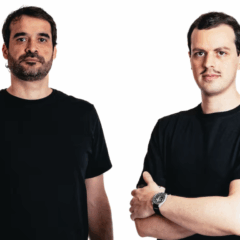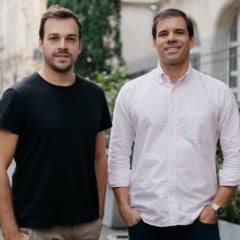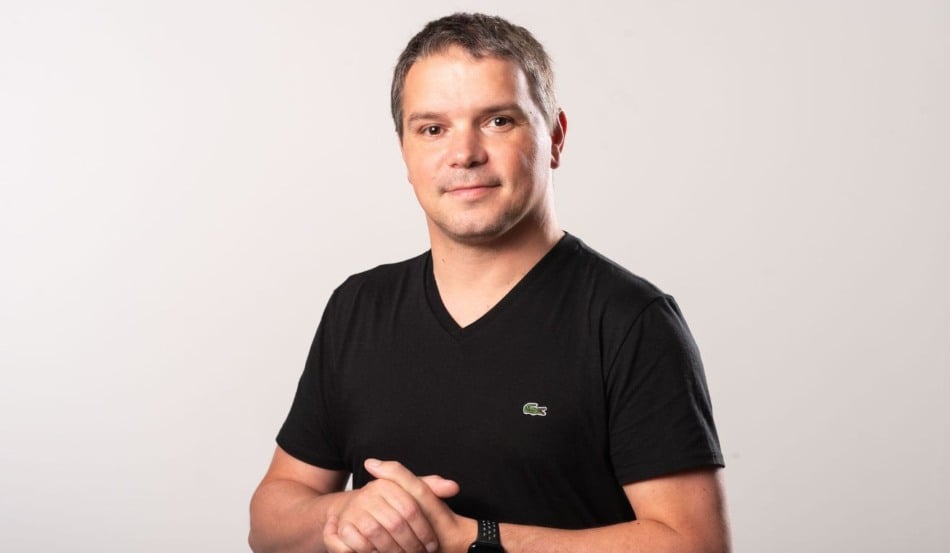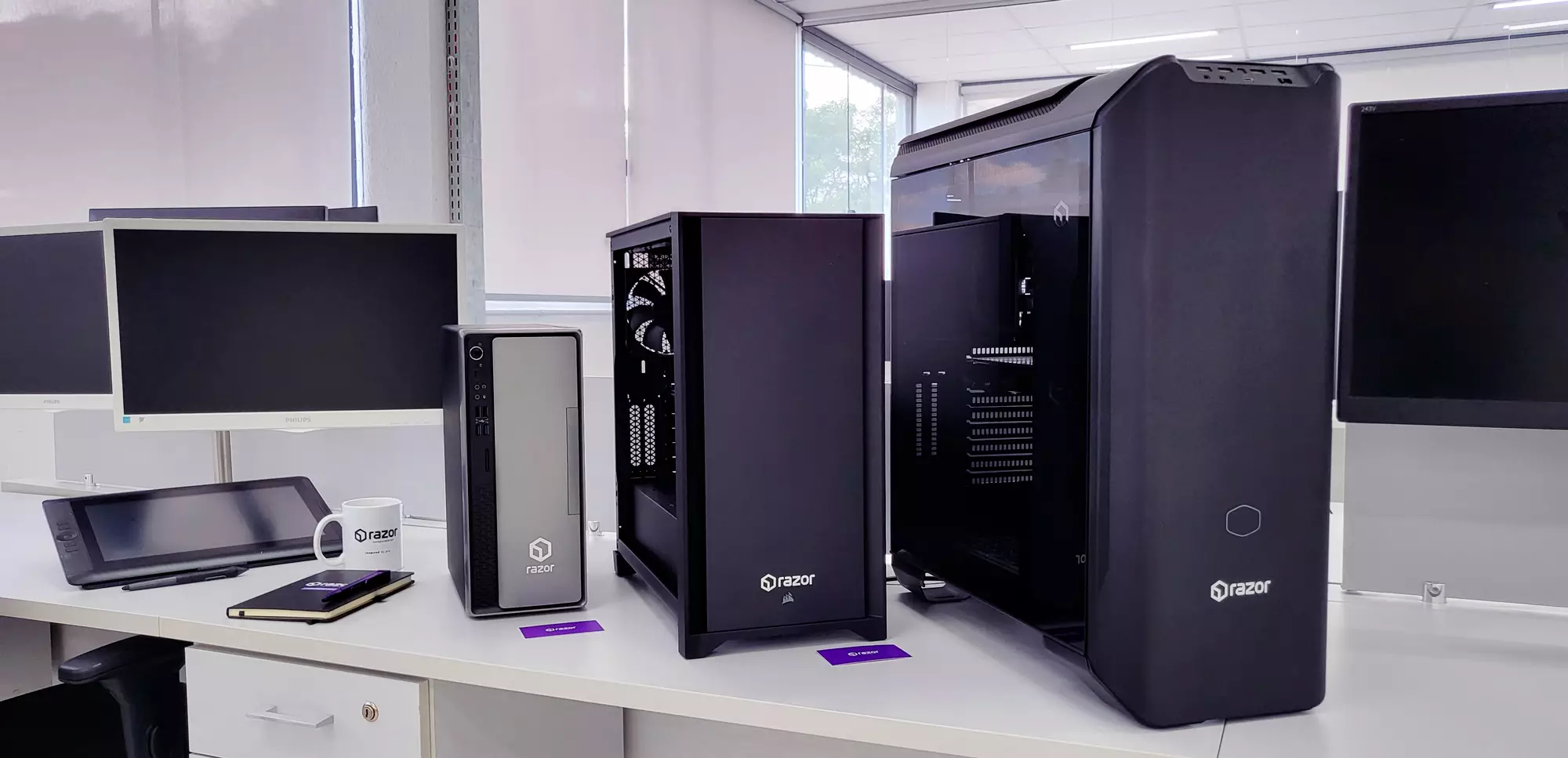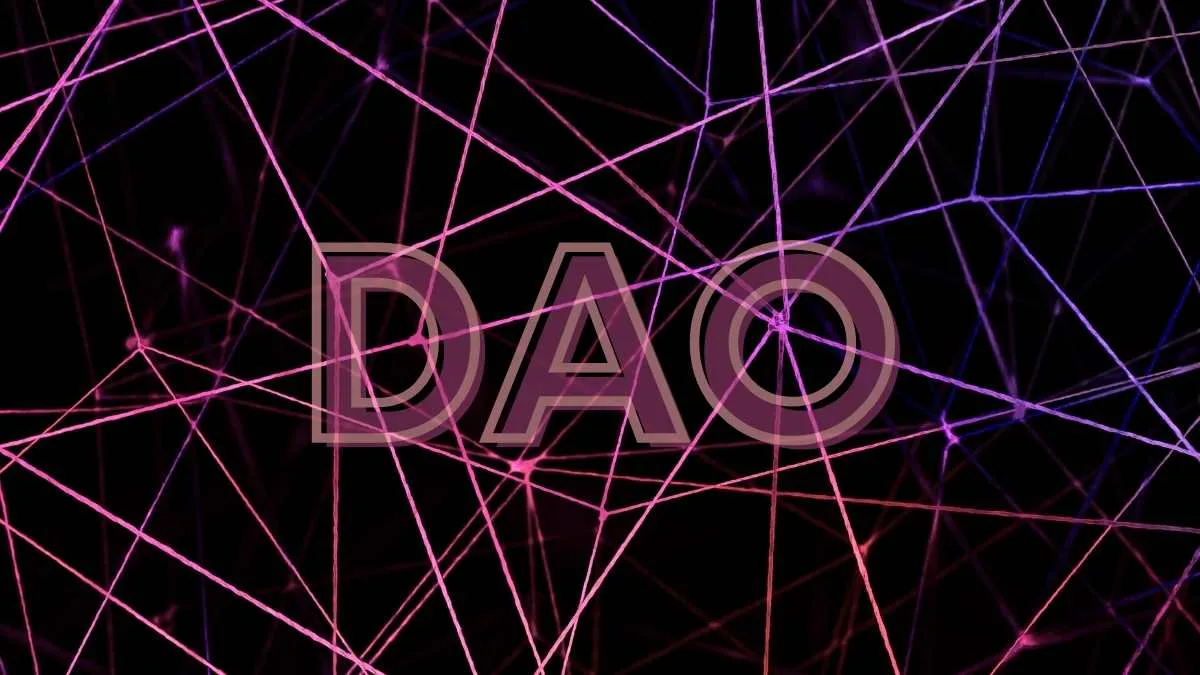
As if the challenge of encouraging Brazilians to adopt a giving mindset wasn’t enough, socialtech Ribon took on another task: doing it through a Decentralized Autonomous Organization (DAO), a Web3 approach that been gaining momentum of late.
The move will see the company opening up its technology through the open source model on a blockchain so that the broader tech community can run it and create new features.
The incentives for doing this include the project’s potential for social impact and remuneration through tokens issued by Ribon DAO. The “traditional” Ribon company, which will start to operate as Ribon Labs, will hire the development resources that it needs for its own product from that network. The company’s entire revenue stream will be invested in tokens, which is expected to help to increase the value of the asset. The expectation is that more companies will also adopt the technology and start to hire the services as well.
According to Carlos Menezes (aka Juju), the co-founder and technology director at Ribon, the shift to the decentralized model will allow the company to gain scale, enabling its international expansion and the creation of new products. “The movement is all about having more impact, increasing revenue. The more the product grows, the more the token increases in value, while also boosting its buying strength and liquidity. It makes business sense and helps create a culture of giving. It’s not just for the fad,” he says.
The plan is to publish the code on the blockchain in June and release the token in October.
Context: Ribon’s operation
Created in 2017, Ribon promotes the idea of encouraging people to donate for free, without spending money. Sounds strange? But that’s how it works. The startup raises funds from donors such as companies and individuals to form a donation pool. In the list of partners are brands such as P&G as well as other major Brazilian organizations. Individuals can make one-off donations or monthly contributions.
The resources from that pot are not passed on directly to organizations and projects. The users of the platform choose how the resources will be allocated within the initiatives chosen by Ribon.
When registering on the platform, users receive Ribons, digital currencies that can be donated to initiatives. Each member gets a kickstart of a thousand Ribons. Within the concept of gamification, people are invited to complete tasks that help them earn more coins. These include reading good news, wellness activities and sharing with friends.
If interested, the person can also make donations with their own resources. According to Juju, 3% to 5% of the member base tends to pick that option. In five years, almost 320,000 people made a donation through Ribon, totaling more than 951,000 Brazilian reais transferred to the causes it supports. The company currently charges a 10% fee on donations made.
Ribon’s investor pool includes local accelerator Cotidiano, Redpoint eventures, Harvard Angels, Flori Ventures, Verve Capital and Valor Capital. The firm raised $924,000 across 3 rounds, according to Crunchbase data. In 2021 it was recognized by the Bill & Melinda Gates Foundation as one of the 10 Most Creative and Innovative Giving Solutions in the World.
Developing new capabilities
Ribon started following trends in the crypto and blockchain space in 2018. But it took a while until the technologies and the company itself came together. To immerse itself in the DAO and Web3 world, the company decided to train its own team of 21 people instead of hiring outsiders. During the Ethereum Rio conference two weeks ago, the firm won a hackathon. “This shows that we are on the right path”, Juju celebrates.
According to the co-founder, the new decentralized positioning should enable the team to achieve growth in the coming months to incorporate community management professionals and other roles that did not exist before. But the expectation is that the number will stabilize and not grow so much after that. “We will not be a company with 100 people”, the founder concludes.
(translation by Angelica Mari)
